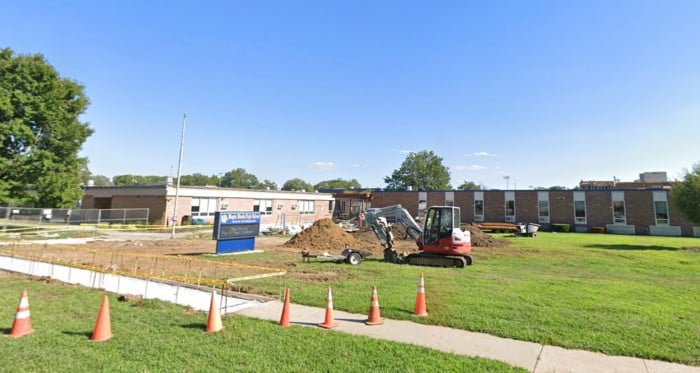
Former Maple Shade High School assistant football coach and substitute teacher, Mark Kinney, had his teaching license revoked after previous charges of sexual assault.
According to The Patch, Kinney was charged with second-degree sexual assault, second-degree endangering the welfare of a child and second-degree official misconduct for engaging in a sexual relationship with a student in February 2019.
An investigation into Kinney began July 30, 2019. Since Kinney has not yet been convicted of a crime, he did not want to lose his teaching license. He was allowed to respond in person or in writing to defend his teaching status but failed to respond. As a result, his license has been revoked. Kinney’s charges for the sexual assault of a student remain, but a conviction has not been ruled.

Attorney contributor Guy D'Andrea, an experienced sexual abuse lawyer licensed in New Jersey represents victims of sexual abuse in civil lawsuits. We asked Kent to provide some commentary on the legal rights of victims sexually abused by teachers.
What are the legal obligations of schools and administrators to protect their students?
He answered, “Schools and administrators have a legal duty to protect their students by providing a safe environment. Sadly, some sexual predators are found working in schools with children. However, once aware, schools, administrations, and employees must protect students from predators.”
Can a victim sue a school if their teacher sexually abuses them?
“The victim must question whether the school did everything possible to prevent sexual abuse in question. Some sexual abuse cases only transpire as a result of the school’s negligence.” We asked Kent for an example of negligence. He replied, “if a school or administration received previous complaints of sexual misconduct, but allowed the teacher to continue working, that could be considered negligent.” He concluded with, “in such cases of negligence by a school, the victim and their family may have grounds for a lawsuit.”
 info@legalherald.com
info@legalherald.com